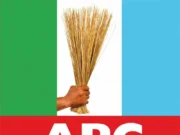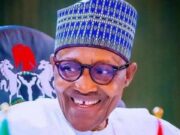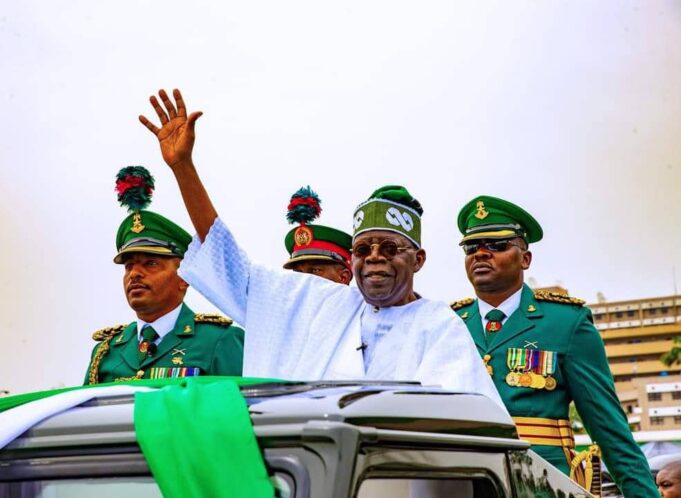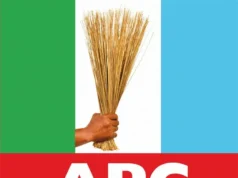The Special Adviser to President Bola Tinubu on Communication and Orientation, Sunday Dare, has rejected claims of a “cabal” wielding power within the presidency, affirming that President Tinubu remains fully in charge of Nigeria’s governance.
In an appearance on the television program Politics on Sunday hosted by Femi Akande, Dare addressed the persistent rumors of a shadowy group controlling the administration, emphasizing that these claims are unfounded.
 Advertorial
Advertorial
He clarified that the individuals often labeled as part of a “cabal” are merely key advisors who regularly brief the president and provide him with crucial information necessary for informed decision-making.
“These are not shadowy figures; they are individuals who hold important roles and must provide the president with critical data,” Dare said.
“The term ‘cabal’ has been misapplied. These people simply have regular access to the president because of the key sectors they oversee. Access doesn’t equate to undue influence,” he explained.
 Advertorial
Advertorial
He pointed to the example of the Finance Minister, who meets with the president frequently to discuss economic trends and indicators.
“Proximity to the president doesn’t make one a member of a cabal. The Minister of Finance, for instance, briefs him regularly, but that’s simply part of their role,” Dare stated.
Dare further emphasized that President Tinubu has consistently demonstrated his authority since assuming office.
 Advertorial
Advertorial
He pointed to Tinubu’s decisive cancellation of the Central Bank of Nigeria’s (CBN) cybersecurity tax as a clear indication that the president is fully in control of the decision-making process.
“The president is 100% in charge, and he’s shown it time and again, like when he scrapped the CBN’s cybersecurity tax after reviewing the facts,” Dare said.
On the issue of the tax reform bill currently before the National Assembly, Dare reiterated that President Tinubu is respecting the legislative process and remains actively engaged in the reforms.
 Advertorial
Advertorial
“As a chartered accountant, the president is deeply involved in these matters. He is constantly briefed, and the tax reform bill is a key component for Nigeria’s future economic growth,” he said.
Dare also explained that the bill is still in the early stages, allowing room for further debate and adjustments before it becomes law.
“The tax reform bills are still at the National Assembly stage. There’s still room for discussions and adjustments, and that’s exactly how the president wants it—through the proper channels,” he noted.
 Advertorial
Advertorial
In discussing the broader impact of the tax reforms, Dare emphasized that the aim is to secure long-term prosperity for the country, rather than imposing immediate burdens on citizens.
“The reforms are about building for the future. They target growth and sustainability, not just addressing immediate needs,” he explained.
He also highlighted the potential benefits of tax revenue decentralization, stating that it would give states greater control over their taxes while also ensuring accountability.
“The new revenue tax approach will allow states to keep 100% of their taxes, which brings both control and responsibility to the state level,” Dare said.
 Advertorial
Advertorial
Dare concluded by drawing comparisons to other nations that have successfully implemented similar tax reforms in the past.
He expressed confidence that Nigeria’s economy will benefit from these changes, asserting that the country is on the right path toward growth and transformation.
“We’re on the right track. If you look at countries that were once at Nigeria’s economic level, many have successfully gone through similar tax reforms. This is the direction Nigeria needs to take to secure a prosperous future,” he said.
 Advertorial
Advertorial

















